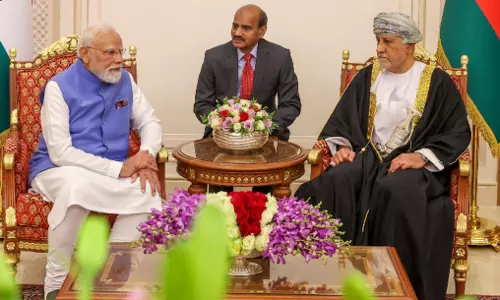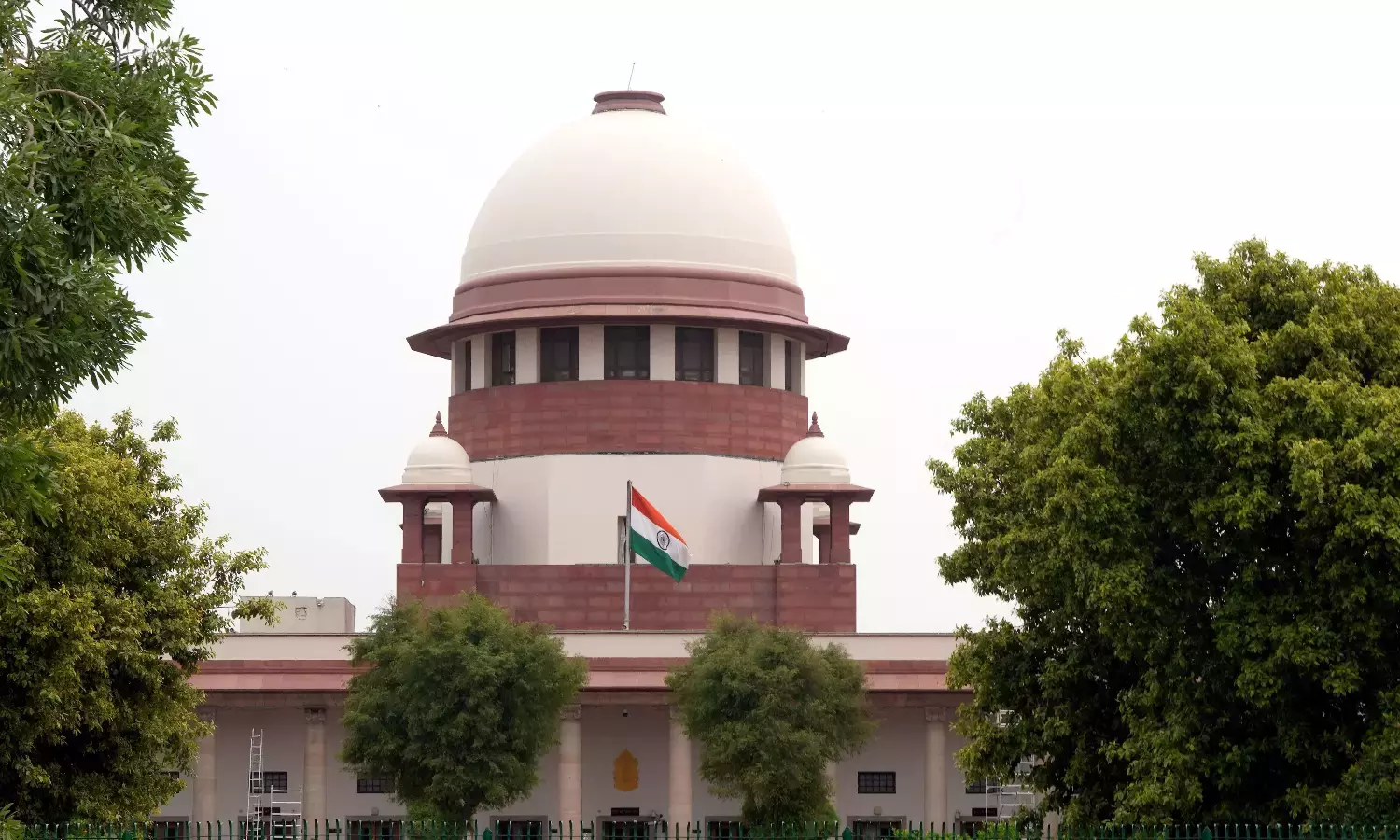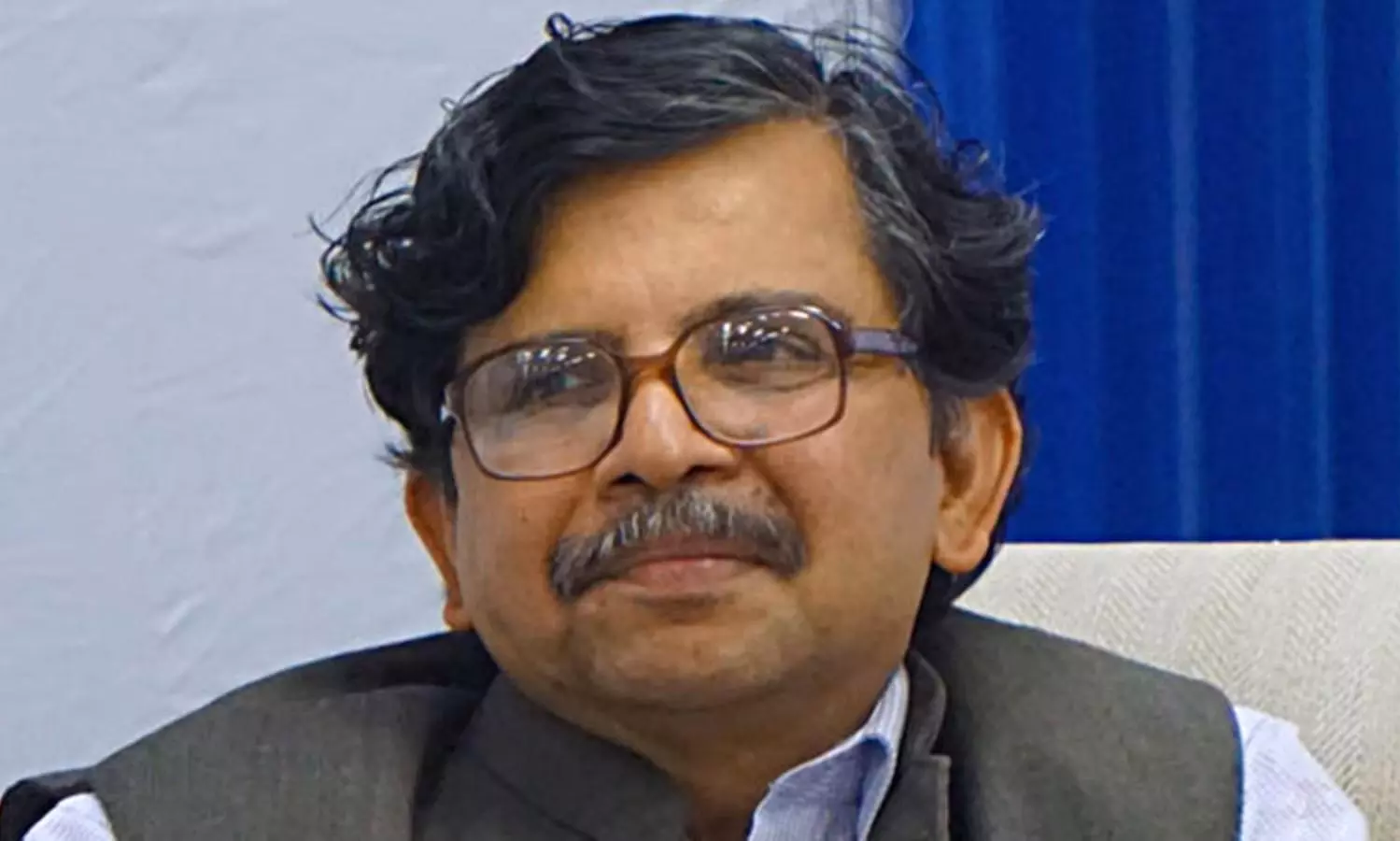
Retired judge calls SC’s sparing of Kalyan Singh in Babri demolition case an egregious crime
text_fieldsSenior advocate and retired Justice S Muralidhar has termed the Supreme Court’s decision to dismiss a suo motu contempt petition against BJP leader and former UP Chief Minister Kalyan Singh in the demolition of the Babri Masjid, after delaying it for two decades, as institutional amnesia and an egregious crime, and has also questioned the construction of the Ram temple in Ayodhya without any demand before the court.
Speaking at the AG Noorani memorial lecture in Delhi, the retired judge criticised the judiciary’s handling of sensitive religious cases and said that the suo motu contempt petition against Kalyan Singh had remained unheard for more than two decades, which, when finally taken up, was dismissed with little seriousness, The Indian Express reported.
He argued that such judicial indifference to a crime already acknowledged by the Supreme Court undermined accountability and weakened public faith in the institution.
Justice Muralidhar went on to scrutinise the Ayodhya judgment, contending that the court had invoked extraordinary powers to direct the construction of a temple even though neither the central government nor Hindu organisations had sought such a remedy, and he maintained that this was completely outside the scope of the suits before it.
He said that the aftermath of the Babri Masjid demolition had not ended, since, despite the Places of Worship Act being cited, multiple suits challenging religious sites had emerged across the country.
He also expressed disappointment with the reasoning in the Ram Janmabhoomi case, noting that the judgment’s conclusions did not logically follow from the arguments and observations recorded by the court throughout the hearings.
Taking on former Chief Justice of India DY Chandrachud, who was widely seen as the author of the judgment, Justice Muralidhar criticised the manner in which personal religious beliefs appeared to influence judicial reasoning.
Muralidhar said India’s strength lies in plurality and diversity, emphasising that the country could never be reduced to one culture, one language or one religion. He warned against judicial interventions that ventured into questions of theology, pointing to the Karnataka hijab case as an example where Justice Sudhanshu Dhulia’s dissenting opinion avoided the problematic doctrine of essential religious practices, which, he argued, risked judges misinterpreting faith.
Justice Muralidhar further lamented that electronic media continued to frame debates around Hindu-Muslim binaries rather than highlighting the pluralistic foundations of Indian society, and he described this as a distortion that fuels division rather than harmony. He also warned against making a spectacle of judges’ personal religious practices, insisting that judicial credibility should not be tied to faith identities.
























